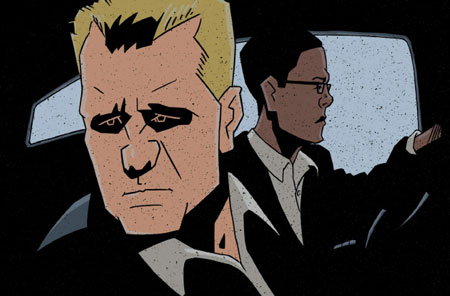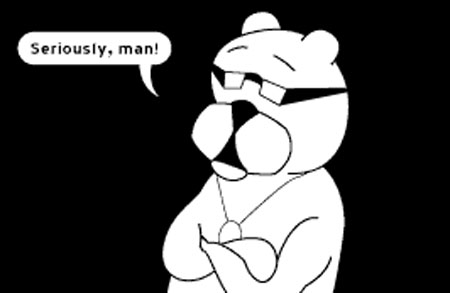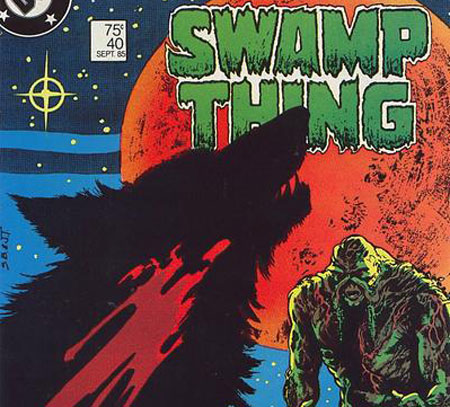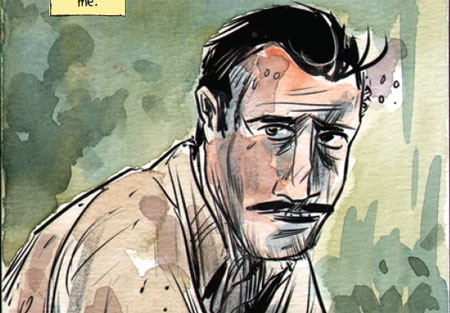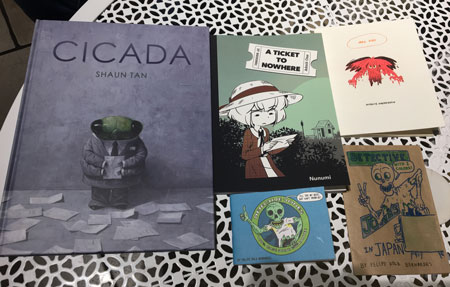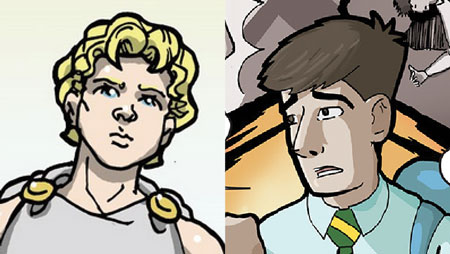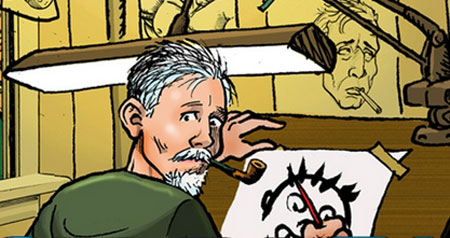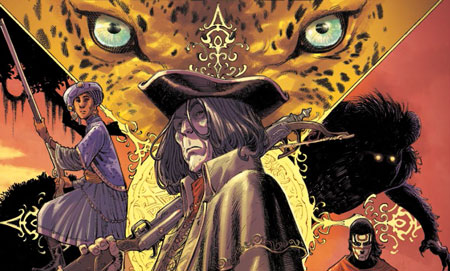
Last time, we started to review issue 2 of These Savage Shores by Ram V., Sumit Kumar, Vittorio Astone, and Aditya Bidikar, but we decided to wait and get ahold of issue 1. Now we have the first three issues, so we dig into this 17th-century story of India, including a vampire and a masked immortal.
Podcast: Play in new window | Download

